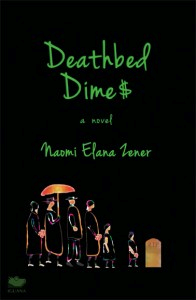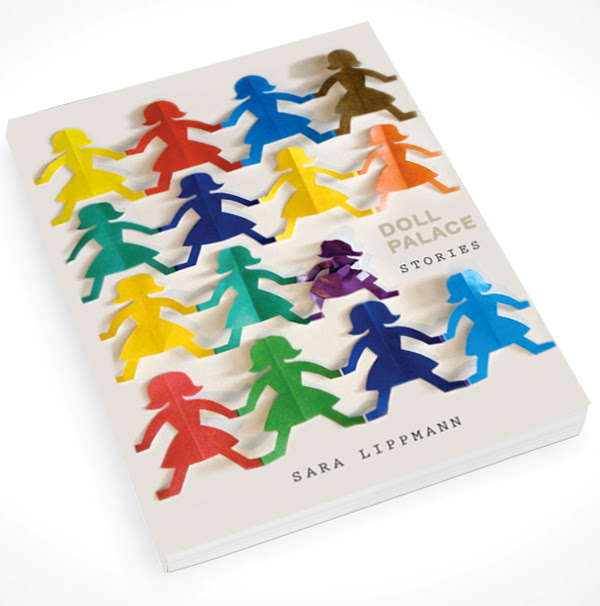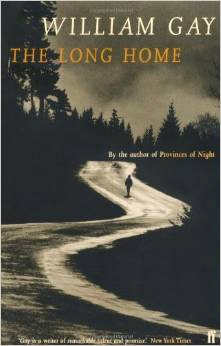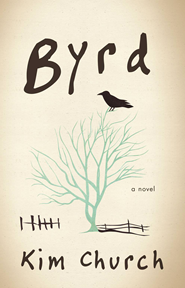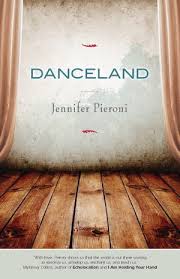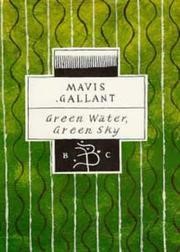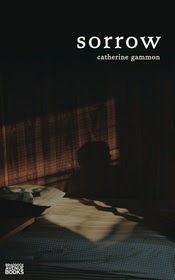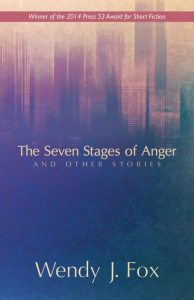
Press 53
124 pages, $14.95
Review by Jody Hobbs Hesler
It would be unfair to say I hungered for more emotion in Wendy J. Fox’s Seven Stages of Anger and Other Stories, because my very hunger is what the writer meant to evoke. These are, after all, stories of the modern West – a sere place peopled by characters who are just emerging from generations of isolated farm and desert life or who are working desk jobs and living in the now tamed-to-sterility post-Wild-West suburbs. The emotional hollowness and dislocation of Fox’s characters matches their positions in and relationships with this New West.
This collection is Fox’s debut, as well as the inaugural winner of the Press 53 Award for Short Fiction. All the stories take place somewhere in the West – some in rural, others in urban settings, mostly in Washington state. Sometimes the characters are young and house-hunting, about to start their families. Sometimes they have fled a life they knew in the rural wasteland and are seeking a new way in an unknown place. Sometimes the characters are in love. Almost all the time, the love is mistaken and breaks. Some of the characters recur, and Fox varies points-of-view, usually between first-person and close-third, though the title story experiments with second person. All the stories hearken to something missing. Continue reading
![[PANK]](https://pankmagazine.com/wp-content/themes/pank/assets/images/pank-logo-large.png)

